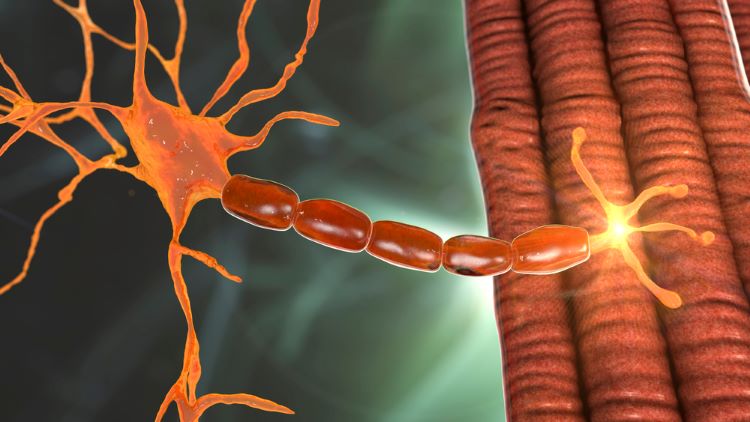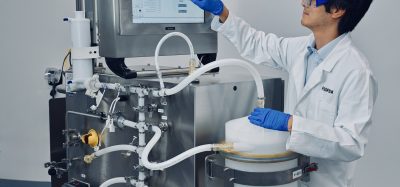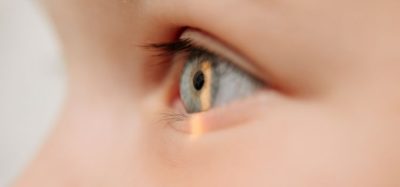Gene therapy approved for Duchenne muscular dystrophy
Posted: 23 June 2023 | Catherine Eckford (European Pharmaceutical Review) | No comments yet
The first approved gene therapy for certain paediatric Duchenne muscular dystrophy (DMD) patients leads to production of the Elevidys micro-dystrophin protein.


The first gene therapy has been approved for certain patients from four to five years old with Duchenne muscular dystrophy (DMD). Elevidys has been authorised by the US Food and Drug Administration (FDA) for individuals with a confirmed mutation in the DMD gene without a pre-existing medical reason preventing treatment with this therapy.
“Today’s approval addresses an urgent unmet medical need and is an important advancement in the treatment of Duchenne muscular dystrophy,” reported Dr Peter Marks, PhD, Director of the FDA’s Center for Biologics Evaluation and Research.
How does the gene therapy approved for Duchenne muscular dystrophy work?
The recombinant gene therapy delivers a gene into the body, leading to production of Elevidys micro-dystrophin, a shortened protein (138 kDa, compared to the 427 kDa dystrophin protein of normal muscle cells) that contains selected domains of the dystrophin protein present in normal muscle cells.
Elevidys is administered as a single intravenous dose.
Most treatment approaches currently address the disease symptoms, not the underlying genetic cause. Typical treatments include corticosteroid medications to slow down the progression of muscle weakness, and antisense oligonucleotides (ASOs), which facilitate exon skipping for specific DMD gene mutations. However, the ASOs can only address a minority of the gene mutations and require repeated administration.
What led to the FDA’s approval of Elevidys?
This gene therapy was granted accelerated approval to Sarepta Therapeutics, based on an evaluation of data submitted by the sponsor.
A clinical trial established that Elevidys increased the expression of the Elevidys micro-dystrophin protein observed in Elevidys-treated individuals aged patients four to five years old with DMD.
The FDA concluded that an increase in expression of Elevidys micro-dystrophin is reasonably likely to predict clinical benefit in this indication”
The FDA concluded that the data showed an increase in expression of Elevidys micro-dystrophin is reasonably likely to predict clinical benefit in this indication, in patients without significant pre-existing antibody titers against the AAV rh74 vector or have other contraindications based on the inclusion criteria of the clinical trials.
In part 1 of the study, patients were treated with either Elevidys or placebo and followed for 48 weeks. Part 2 involved individuals receiving placebo during part 1 treated with Elevidys. Individuals treated with Elevidys during part 1 received a placebo. All patients were followed for an additional 48 weeks.
Specifically, the study is designed to assess whether Elevidys improves physical function and mobility in ambulatory DMD patients with a confirmed mutation in the DMD gene.
The FDA requires the study to confirm the gene therapy’s clinical benefit. A clinical benefit of Elevidys, including improved motor function, has not been established. At present, the trial is ongoing.
Related topics
Biopharmaceuticals, Clinical Development, Clinical Trials, Drug Development, Drug Safety, Gene therapy, Industry Insight, Proteins, Regulation & Legislation, Research & Development (R&D), Technology, Therapeutics
Related organisations
Sarepta Therapeutics, The US Food and Drug Administration (FDA)









